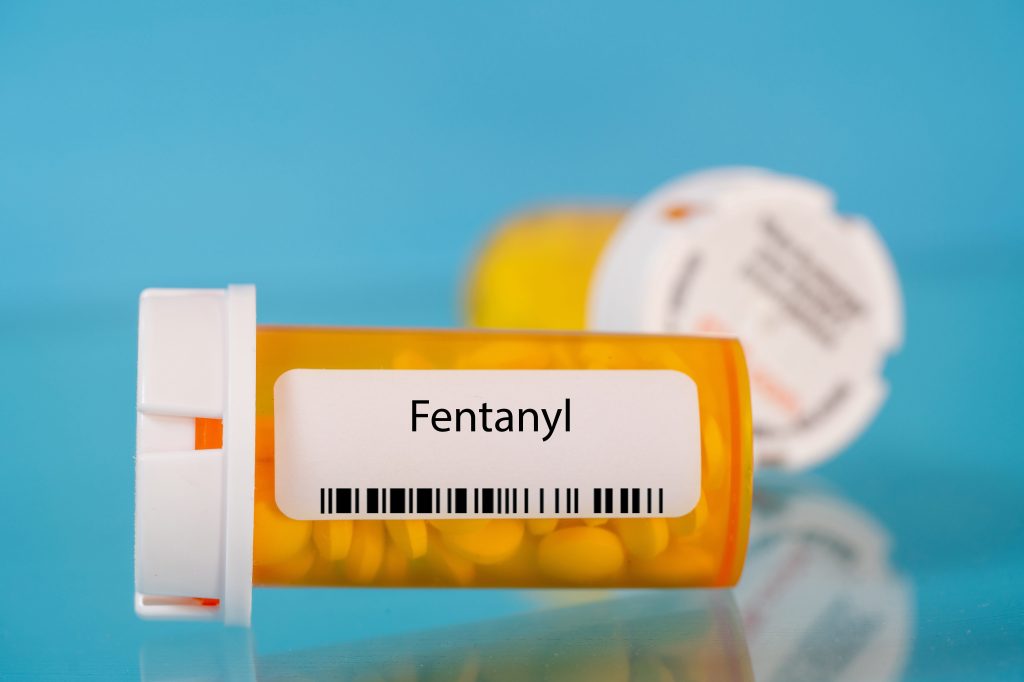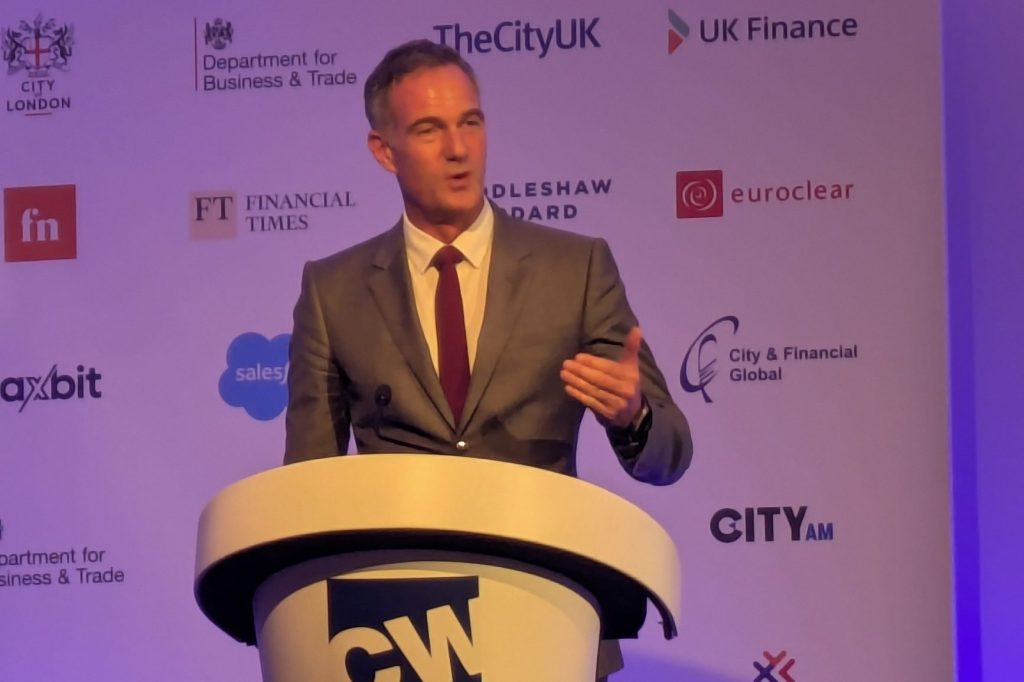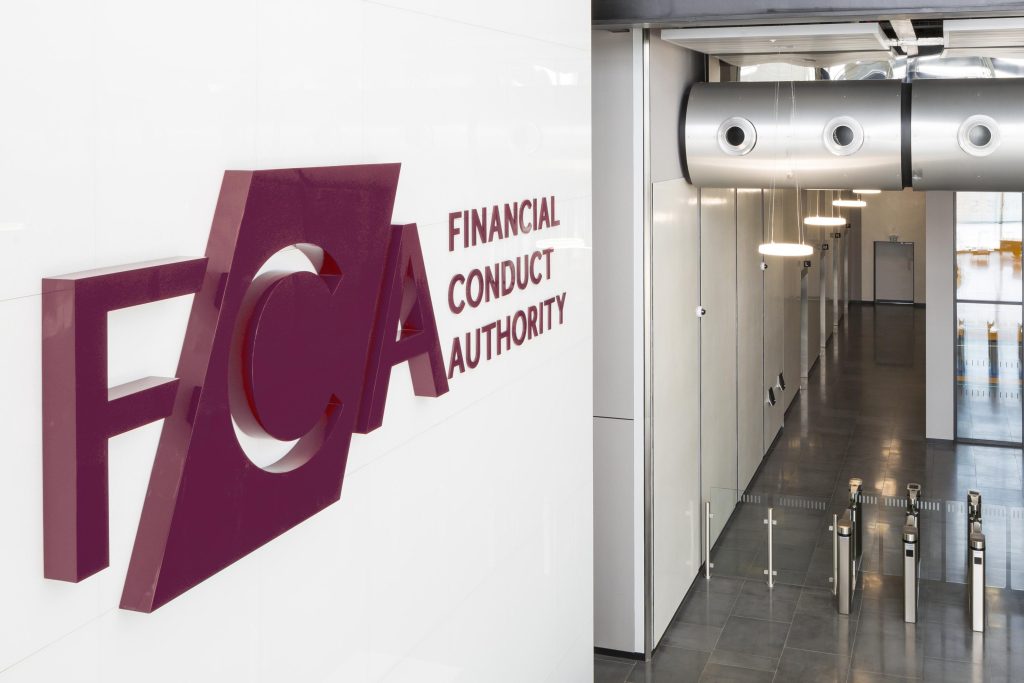Interim Financial Conduct Authority (FCA) chair Richard Lloyd (pictured above) has appealed to UK Home Secretary Suella Braverman to make fraud prevention “a national priority”, and joined Chief Executive Nikhil Rathi in calling for regulation to cover Buy Now Pay Later, in speeches at the start of the FCA’s Annual Public Meeting.
Lloyd called for the UK government “to make fraud prevention and detection a national priority across the police and law enforcement, so that the public can have greater confidence that when they report a fraud the perpetrators will be caught and stopped”.
Biggest crime
He went on: “it’s a simple fact that the system for tackling fraud is complicated and frankly under-resourced. It’s the biggest crime in the country, costs the country over £130bn a year, and yet less than 1% of police officers and staff are devoted to it.”
Lloyd also emphasized the importance of enacting the measures to tackle scam adverts and fraud that were included in the Online Safety Bill. And his opening remarks contained an acknowledgement that the FCA has learned from past mistakes.
“We know that in the past we haven’t always done enough, quickly enough, to stop bad actors,” he said. “We’ve taken the lessons learned from the independent review into London Capital and Finance extremely seriously and made significant changes to the way we operate, to make markets safer.
In the rest of his speech, Lloyd touched on new anti-money-laundering prosecution powers, and the organisation’s new Consumer Duty.
Repricing of gilts
Rathi referenced a tough year in which “we have been facing once-in-100-year events every few months”. He singled out “the impact of the significant repricing of gilts”, saying “This unprecedented level of repricing” was something that “demands vigilance” and that “Market participants can expect us to be talking to them regularly and requesting real-time data as we monitor events closely.”
Turning to the FCA’s own performance, Rathi said: “Following the recruitment of nearly 100 more case officers, the peak of 8,000 cases in July 2021 has now been reduced to 2,400 in September 2022. Overall, our pending caseload is down by 47% and we will substantially be meeting our metrics by the end of the financial year.”
Other sections of his speech referenced the positive effects of the FCA’s Regulatory Sandbox, the growth of authorized Push Payment fraud and getting to grips with the crypto market.

















